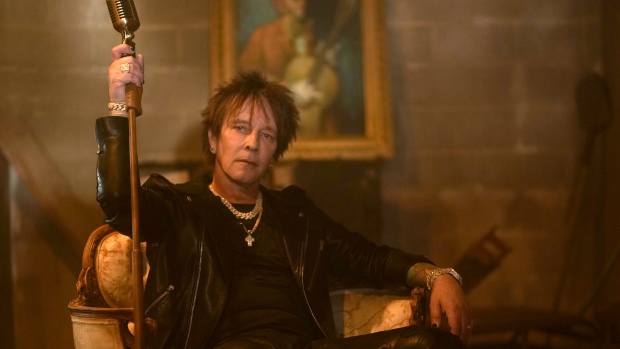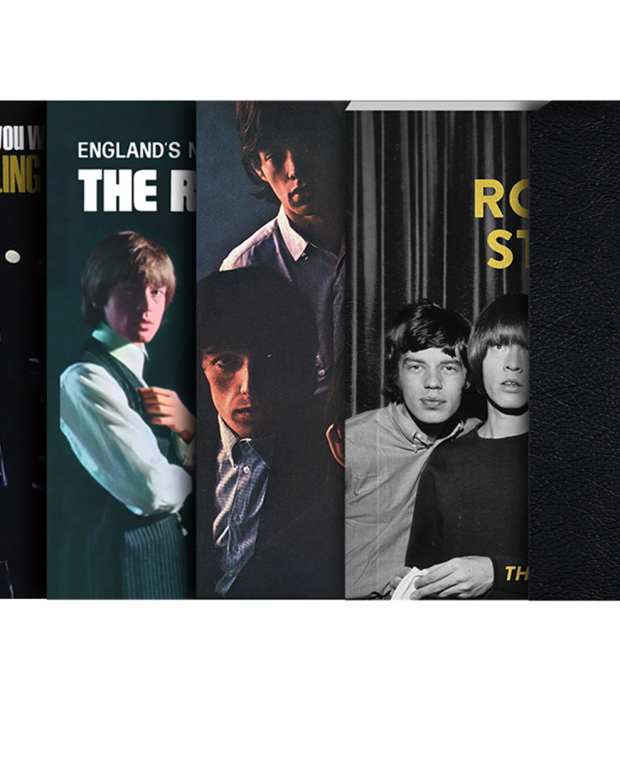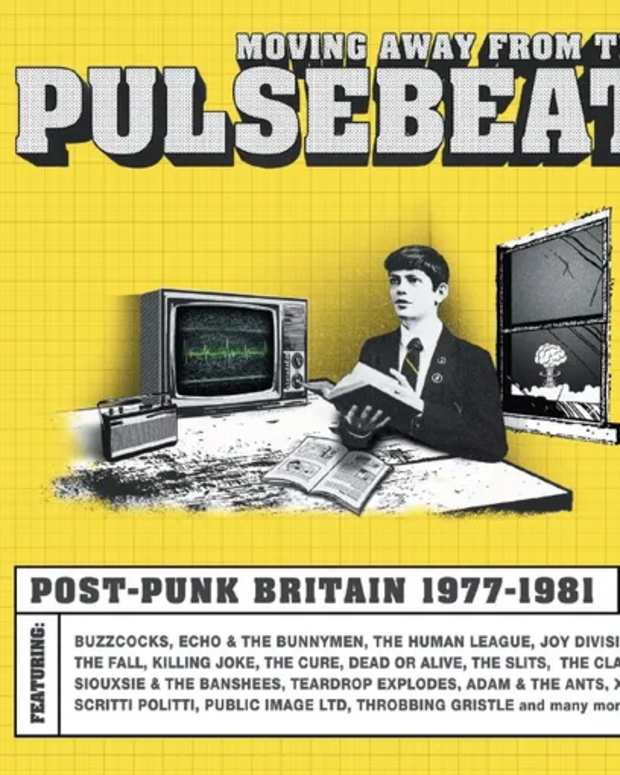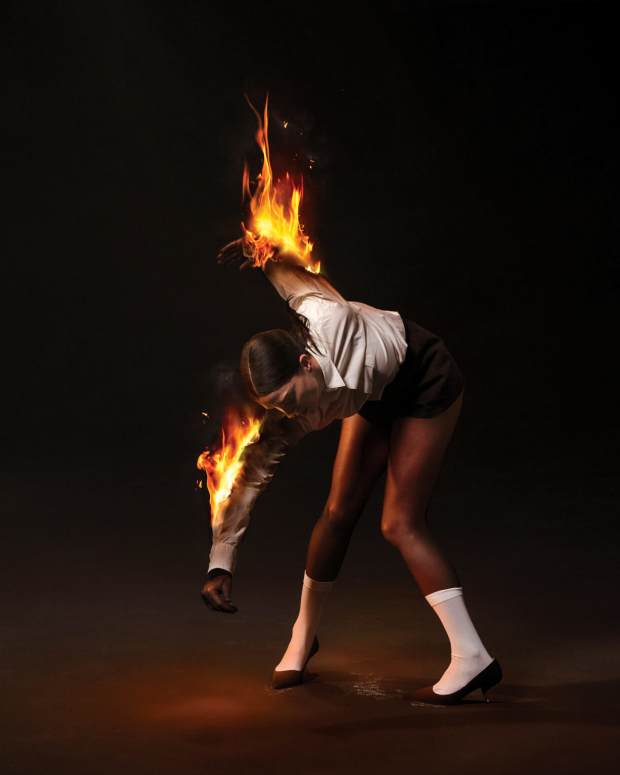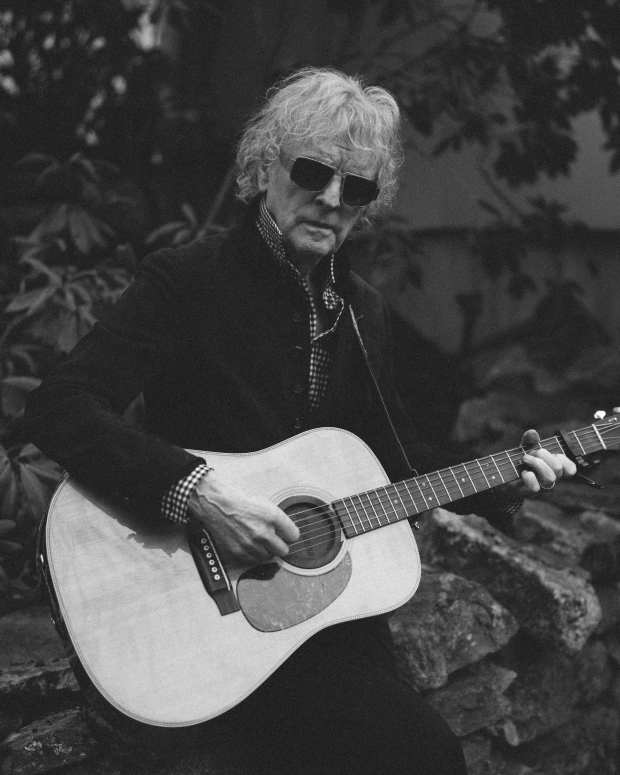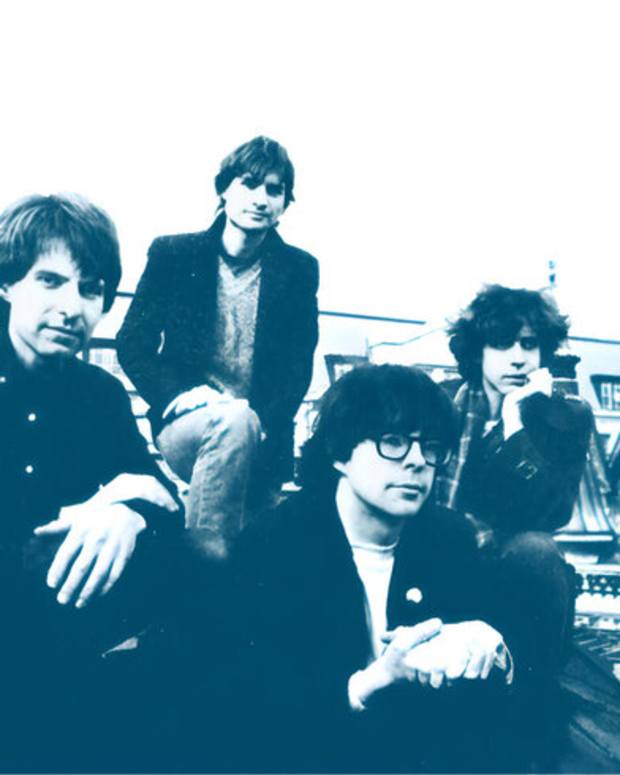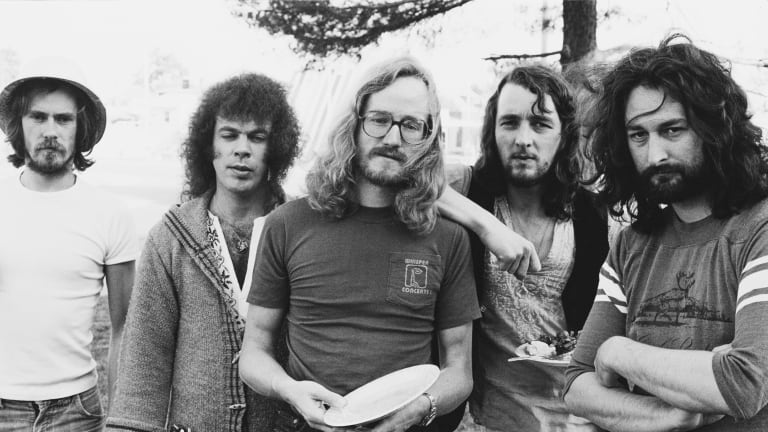
John Helliwell discusses his 50 years with Supertramp, more
Visit the Goldmine store — it is a music collector's one-stop shop of vinyl, CDs, box sets, collectibles, collecting supplies, audio equipment, music history books and Goldmine-only exclusives. Click HERE!
By Joe Matera
“I’m very proud of what I’ve done with the band” affirms longtime Supertramp saxophonist John Helliwell. Since first joining the English outfit on their breakthrough third album, 1974’s Crime of the Century, Helliwell and his Supertramp cohorts enjoyed a run of hit albums during the 1970s which climaxed with the worldwide commercial success and multi-platinum Breakfast in America album in 1979.
In the aftermath, one half of the band’s principal songwriters, Roger Hodgson departed for a solo career in 1983, but the band soldiered on and continued to have success throughout the ensuing decades. “This summer will be 50 years since I joined the band” exclaims Helliwell. Perfect timing then for Goldmine’s Joe Matera to sit down with the sophisto-rock saxophonist to look back on his musical life with Supertramp.
GOLDMINE: Supertramp were always labelled by critics as being a prog-rock band. Did you ever consider the band to be prog rock?
John Helliwell: I particularly didn’t like that term. I’m a little bit easier with it now because it’s kind of historical, but I viewed us as being outside the prog rock groups, for example, Yes. I saw us as more of a pop rock group and I coined a phrase, too, that I thought fitted our music very well and that was sophisto-rock! As that’s what we did. We were influenced by rock music, but other genres as well like for example jazz and all sort of styles, and we brought a kind of sophistication to the type of music that we were influenced by.
Even though it was not Supertramp’s most successful album, Crime of the Century is considered by many to be the group’s best?
I think that they've got a point. It's very cohesive, more so than our most best-selling and most famous album Breakfast in America. We really tried with Crime of the Century, and it was the first one I played on. What had happened from 1969 to 1973 was that Supertramp had existed in a couple of different formats and then made a couple of albums, but they were still kind of finding themselves as far as I am concerned. Then in 1972 Rick [Davies] and Roger [Hodgson] got Dougie Thomson in on bass and in early 1973 Bob Siebenberg on drums, and then in the summer of ‘73 they got me in on saxophone and it just seemed to gel with us as a five piece. Then we made Crime of the Century, which at the time was a sort of last-ditch attempt to make something really good. If that hadn’t work, I think that the group would possibly have folded.
Supertramp managed to make a smooth transition from its more progressive rock approach to a more accessible mainstream Top 40 radio format without compromising or sacrificing any of its musical integrity.
Yeah, that was it and also having a different producer in Peter Henderson as by the time we got to doing Breakfast in America, Peter made it sound really good on the radio as opposed to being just pure Hi-Fi. Which basically at its core, Crime of The Century is kind of a Hi-Fi album. I view it like that and that's what we did when we played live, too, we made it like a giant Hi-Fi, and it just established our sound and music. But by the time we got to Breakfast in America it was a little bit more radio friendly and so that it sounded not only good on a tiny little speaker, but also sounded good on someone’s Hi-Fi.
When commercial success on a large scale happens to a group, many tend to lose themselves in the excesses and spoils of what fame and fortune affords them, yet Supertramp handled the massive success of Breakfast In America very well and didn’t venture down that ‘rock and roll’ route.
There were two reasons why that was so. In 1979 when the album became very successful, we were touring for about nine months — we were kind of away from home, as we were just on tour, and the tour was going very well. And so, we saw it in that way, but it didn't affect our lifestyle because we were just travelling all the time. The other factor is that we were all a little bit older, we weren't teenagers or anything, so we were able to have a sort of level-headed approach to it all. And we weren’t a group anyway that did a lot to excess in terms of getting out of it — we had to be quite sober to play our music because it was quite complex, so we were more of a steady group.
Was there a change in the dynamic of the band in the aftermath of Breakfast in America’s massive success?
Yes, there was, as the thing was that Roger Hodgson had been spirituality yearning and then musically yearning for a change ever since before Crime of the Century. When we were rehearsing Crime of the Century, we had to almost physically restrain him from going off to India. But we managed to keep him there and he was there for the next 10 years or so but finally in 1983 he decided that he must go and do his own thing. I think he was a little bit frustrated of only having four or five songs every two years or so and he wanted to be more productive.
Aside from being the first album after Roger’s departure, 1985’s Brother Where You Bound saw a return to the prog rock elements of the band’s earlier sound.
Yes, and it was a bit more serious, too. We felt that now that Roger had left, it would be good to do something serious and something that showed the direction in which we perhaps should have continued prior to Roger’s departure. “Brother Where You Bound,” the track itself is quite a long and complex track, too. Overall, I think the album itself is very good, solid and quite serious.
It's been noted that the split happened because Roger wanted to go down a more commercial route utilizing more pop-oriented material while Rick wanted to bring back the prog elements of the group’s earlier days?
Basically, it's like that, yeah. Roger was the more poppy songwriter of the two. His music is perhaps a little bit easier to listen to the first time, while Rick’s kind of more down to earth. I would say Rick was like “the city” and Roger was like “the country.” Rick has his feet firmly planted on the ground while Roger’s head was, and perhaps still is, up in the clouds.
Looking back now, what do you consider some of your personal highlights of your time with Supertramp?
I think that the first major step was the recording of Crime of the Century, the rehearsing all together in a country house in England and then the recording with [producer] Ken Scott was very interesting too. It was a big step forward. Then doing the gigs and touring and moving to California in 1975. We all moved over there and that was kind of an interesting period of our lives and my life living near the beach, was a complete change of scene. And then we worked hard through the ‘70s and the recording of Breakfast in America was very arduous and very longwinded though ultimately satisfying in the end. In the studio, we would take everything apart and then put it back together hundreds of times and it went on and on for months. If you have that facility to be able to do it, you got to really be able to control it. Nowadays I prefer making music with one take and that’s it, done. But this was the absolute opposite. You've got to really keep on top of yourself to do it like that and make it good. And we did and we had great success touring that album in 1979.
The next best was touring — sometimes playing to large audiences, for example 135,000 people in Sao Paulo — not necessarily the best gig for us, but an interesting thing to do. And we’ve also played to six people in Paris in 1974. We played at this club which became notorious for having a massacre there, The Bataclan Theatre. We played there and had about six people in the audience. But we played well!
This was just after Crime of the Century, as we weren't known there as yet, but throughout the '70s we got a lot more popular over in Europe especially in France and Spain. It was in Paris where we did four nights at the Pavillon de Paris and which we recorded and what became the live album Paris (1980).
We also got it filmed and the tapes of the film got taken to Australia by the guy who filmed it. He took it with him, and they were lost for decades, but we managed to eventually find most of them, and then we did them up and brought out the video Paris, which I think is a really good record of the event, just one of the nights.
But we had a little bit of a fight within the band to release it because both Rick and Roger didn't really want it out. Rick and Roger somehow blocked its release in the U.S., but it’s out in the rest of the world. A lot of people like it and it makes a good record of Supertramp in 1979.
You’ve clocked up 50 years with Supertramp now, along with the many years you spent in other bands prior to Supertramp. Are there any plans to collect your many memories and write a book?
I would like to write an autobiography, but I can’t remember most of it! The diaries that I kept were very basic, they just had the name of the town we were playing from the 1960s onward and with the odd annotation here and there. For example, in the group I was in the 1960s — Alan Bown — we played the very first Glastonbury festival. And all it says in my diary at the time is, ‘Bristol.' Another example is for March 2, 1970. All it says is, ‘Got married.’ So, there’s not much detail in there.
Get Supertramp's Breakfast in America as picture disc vinyl in the Goldmine store!
Check out John Helliwell’s recently released jazz albums which are all out now on Challenge Records:
Ever Open Door, John Helliwell — John Helliwell with a string quartet and Hammond organ.
The Bari Session Paul Wertico/John Helliwell Project — Helliwell with drummer Wertico and two Italian musicians, Raimondo Meli Lupi and Gianmarco Scaglia
Don’t Ever Leave Me — Helliwell with three fine Dutch jazzmen, Jasper Somsen on bass, Hans Vroomans on piano, and Marcel Serierse on drums.




